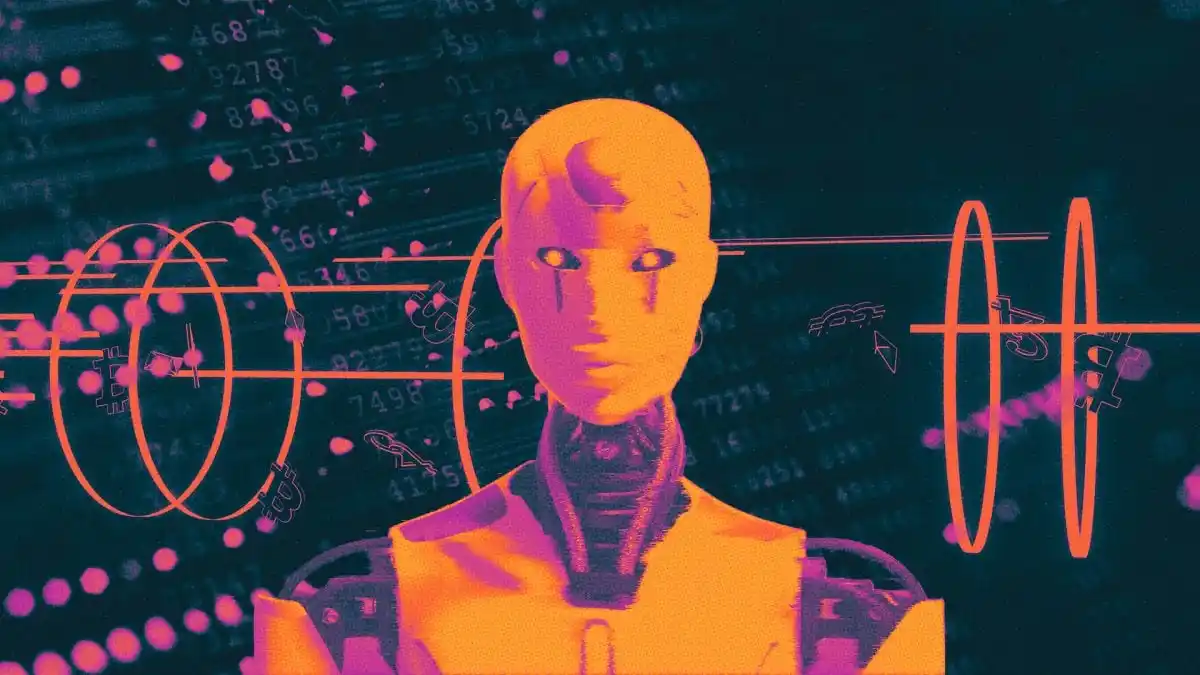VCs express skepticism towards crypto-AI projects: 'Almost everyone will lose a lot of money'

Quick Take
- Two prominent crypto venture capitalists expressed skepticism towards projects building at the intersection of crypto and AI during a panel at The Block’s Emergence conference in Prague.
- Dragonfly general partner Rob Hadick highlighted investments in AI agent-based projects as one particularly risky area for VC investors, arguing, “Almost everyone will lose a lot of money.”
- David Pakman, managing director at CoinFund, agreed that projects hoping to decentralize key parts of the AI stack are unlikely to disrupt dominant centralized players this cycle.
While the potential of projects working at the intersection of crypto and AI has driven large-scale investment from both retail and VCs, two prominent venture capitalists have expressed skepticism towards the potential of crypto projects to disrupt major AI players this cycle, imploring builders to "follow the incentives."
"Crypto has a problem of taking things that exist really, really well off-chain, and making them worse, and putting them on-chain, and selling them to people who are already on-chain," said Rob Hadick, general partner at crypto-focused VC firm Dragonfly. "We see this across all asset classes all narratives...a lot of what is happening in this AI/crypto crossover is basically that."
The panelists, who spoke at The Block's first Emergence conference in Prague on Friday, argued early on that the most likely value AI will bring to crypto is simply helping developers become more efficient at coding, since software development remains a core element of the crypto sphere.
"AI is a massive software, technical revolution," said David Pakman, managing director at CoinFund. "We're building a lot of software in Web3, and we should benefit from the use of AI in a bunch of different decentralized applications, both in infrastructure and security and the way user apps behave."
Yet when it comes to challenging the few, large, centralized players in the AI space—from OpenAI to Anthropic, and from Microsoft to Facebook—the two VCs largely agreed that decentralized AI systems are unlikely to overtake those centralized players this cycle.
"We [Dragonfly] like to see a little bit of product-market fit...we've been really skeptical of this idea that there's going to be a market around things like decentralized training...doing anything around models on chain, or ML on chain," said Hadick. "We have made a few investments...one specifically on the edge compute side, thinking about local models, where they're specifically for latency-insensitive workloads."
Pakman concurred that decentralized projects were unlikely to disrupt centralized players this cycle, but praised the builders attempting to develop alternative systems. "If we want to have a future of highly centralized AI, we should continue on the current path we're on," Pakman said, "But if we want an alternate future, where compute resources to train really large AI models are more decentralized and maybe democratically distributed for access, then we should talk about the wonderful ways that Web3 does at decentralizing access to a tech stack or hardware."
Are AI agents overhyped?
While other VCs at Emergence expressed enthusiasm toward AI agents, or AI programs designed to complete complex tasks on behalf of humans but without their continuous guidance or intervention, Hadick singled out agent-based projects as one area he feels particularly skeptical towards.
"We have done one investment around the agent side...it's probably a winner-take-most or winner-take-all market," Hadick said. "I think there's going to be tens of millions, if not hundreds of millions of dollars in crypto venture [capital] that goes into that space. I think almost everyone will lose a lot of money," Hadick continued, likening the agent hype to the enthusiasm around crypto gaming projects in 2021.
Pakman disagreed slightly, laying out how an agent-based future can lead to synergy between AI and crypto.
"One thing we're great at crypto is pointing at the next thing…rather than celebrating what's actually working," said Pakman. "We finally have payments and the use of crypto for payments and money transfers, so one place in the intersection of crypto and AI where I think we can be really helpful today is if we have an agent-based future...those agents will need to interact with money. They will need to make payments on your behalf, or you will need to pay to use them...crypto is an ideal substrate to use as a way for agent-to-agent and human-to-agent payment. "
#CryptoAI #Web3Innovation #DecentralizedAI #CryptoVenture #EmergenceConference

- Art
- Causes
- Crafts
- Dance
- Drinks
- Film
- Fitness
- Food
- Oyunlar
- Gardening
- Health
- Home
- Literature
- Music
- Networking
- Other
- Party
- Religion
- Shopping
- Sports
- Theater
- Wellness


